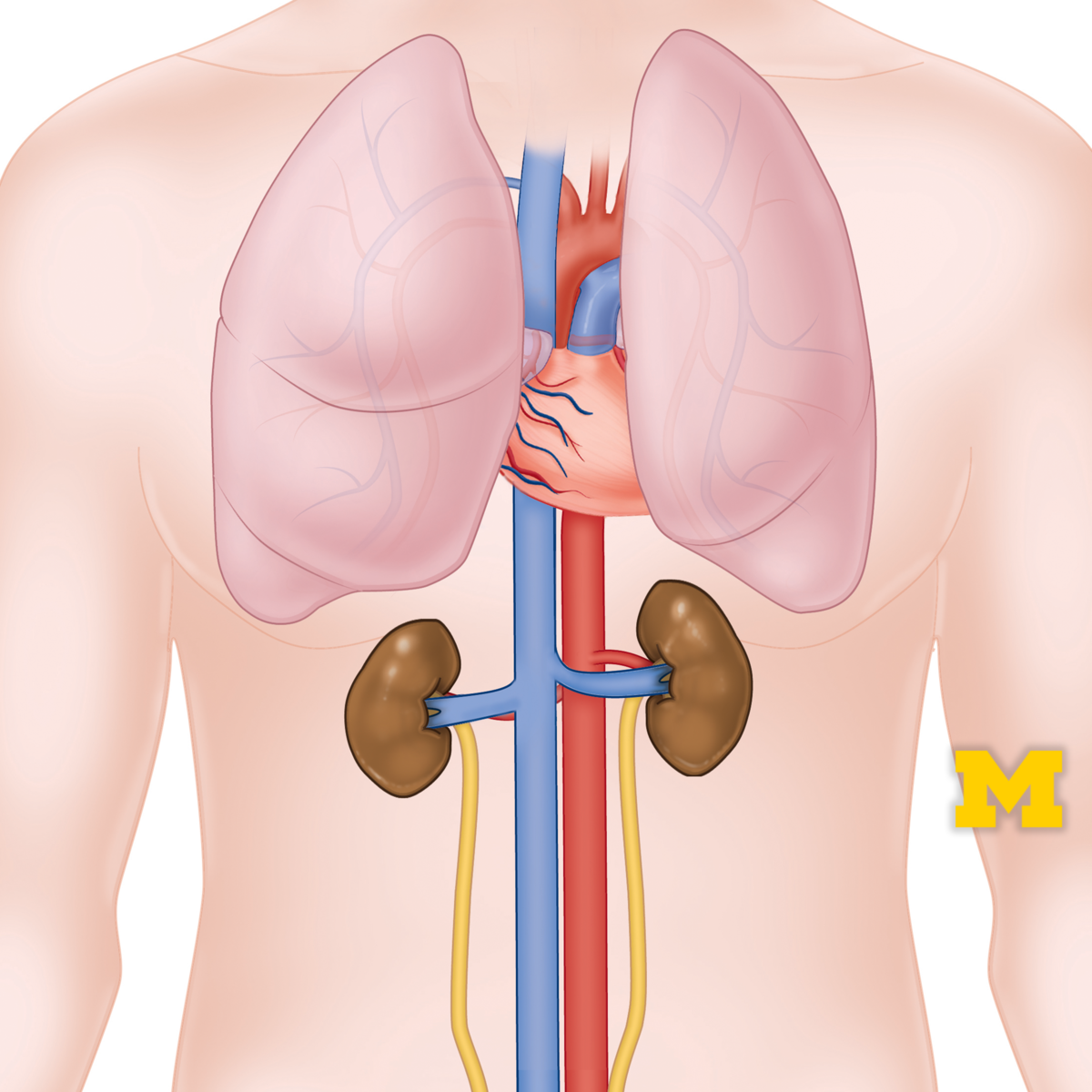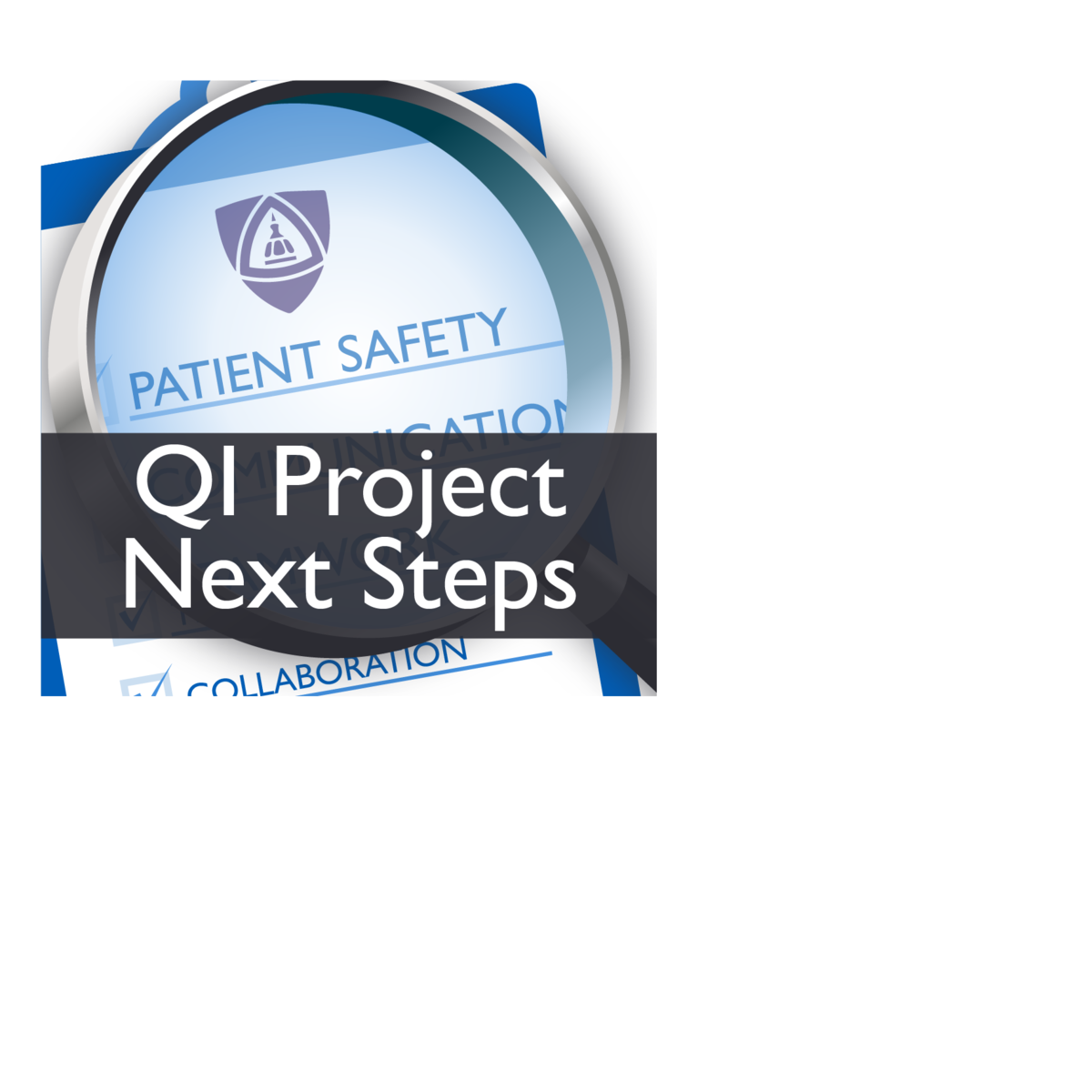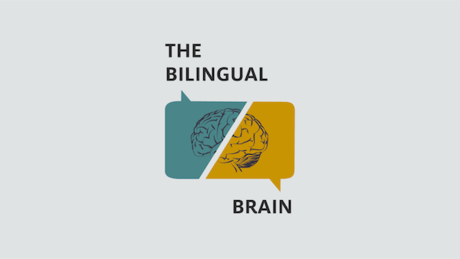Back to Courses









Life Sciences Courses - Page 39
Showing results 381-390 of 644

Epidemics
“If history is our guide, we can assume that the battle between the intellect and will of the human species and the extraordinary adaptability of microbes will be never-ending.” (1)
Despite all the remarkable technological breakthroughs that we have made over the past few decades, the threat from infectious diseases has significantly accelerated. In this course, we will learn why this is the case by looking at the fundamental scientific principles underlying epidemics and the public health actions behind their prevention and control in the 21st century.
This course covers the following four topics:
1. Origins of novel pathogens;
2. Analysis of the spread of infectious diseases;
3. Medical and public health countermeasures to prevent and control epidemics;
4. Panel discussions involving leading public health experts with deep frontline experiences to share their views on risk communication, crisis management, ethics and public trust in the context of infectious disease control.
In addition to the original introductory sessions on epidemics, we revamped the course by adding:
- new panel discussions with world-leading experts; and
- supplementary modules on next generation informatics for combating epidemics.
--------------------------------------------------------
(1) Fauci AS, Touchette NA, Folkers GK. Emerging Infectious Diseases: a 10-Year Perspective from the National Institute of Allergy and Infectious Diseases. Emerg Infect Dis 2005 Apr; 11(4):519-25.
What you'll learn
- Demonstrate knowledge of the origins, spread and control of infectious disease epidemics
- Demonstrate understanding of the importance of effective communication about epidemics
- Demonstrate understanding of key contemporary issues relating to epidemics from a global perspective

Fundamental Privacy Acts and Laws
In this path we will explore The US Federal Government Branch and Information Privacy. We will also cover US healthcare privacy related laws and privacy compliance including HIPAA, HITECH, GINA and more.

Anatomy: Cardiovascular, Respiratory and Urinary Systems
In this anatomy course, part of the Anatomy Specialization, you will explore the interactive relationships of the cardiovascular, respiratory and urinary systems, and the roles they play in your body.
This course is a primer for the cardiovascular, respiratory, and urinary systems in which students learn the pertinent details of the structures and functions through a combination of lectures, videos, labeling activities and quizzes.
Clinical Trials Data Management and Quality Assurance
In this course, you’ll learn to collect and care for the data gathered during your trial and how to prevent mistakes and errors through quality assurance practices. Clinical trials generate an enormous amount of data, so you and your team must plan carefully by choosing the right collection instruments, systems, and measures to protect the integrity of your trial data. You’ll learn how to assemble, clean, and de-identify your datasets. Finally, you’ll learn to find and correct deficiencies through performance monitoring, manage treatment interventions, and implement quality assurance protocols.

Introduction to Genetics and Evolution
Introduction to Genetics and Evolution is a college-level class being offered simultaneously to new students at Duke University. The course gives interested people a very basic overview of some principles behind these very fundamental areas of biology. We often hear about new "genome sequences," commercial kits that can tell you about your ancestry (including pre-human) from your DNA or disease predispositions, debates about the truth of evolution, why animals behave the way they do, and how people found "genetic evidence for natural selection." This course provides the basic biology you need to understand all of these issues better, tries to clarify some misconceptions, and tries to prepare students for future, more advanced coursework in Biology (and especially evolutionary genetics). No prior coursework is assumed.

Implementing a Patient Safety or Quality Improvement Project (Patient Safety V)
Now that you’ve carefully planned your patient safety and quality improvement project, the real work can begin. This course will introduce students to the unique challenges encountered when implementing, maintaining, and expanding a patient safety and quality initiative. Students will learn to apply lessons learned from the 4 E model and TRiP into developing specific aims for their QI project. Additionally, students will develop a plan to address the adaptive and technical challenges in their projects including whether their initiative needs to be submitted to an Institutional Review Board (IRB). Finally, students will develop plans to grow their local QI project into a system-wide project.

Sustainable Food Production Through Livestock Health Management
Learn about the impact of infectious disease on sustainable animal-based food production by understanding the science of growth, immunity, and infection and by learning the problem-solving skills needed to advance animal health and food production through optimal management practices.
There is a growing global need in agricultural production for a workforce that is capable of integrating knowledge of animal health and production with an understanding of consumer preferences in the context of economic reality, business efficiency, and ethical constraint. However, current evidence suggests that there is a growing shortage of people with the knowledge and problem-solving skills required to match the rapid advances being made in animal health, science, and food production. The results of this shortage are wide-ranging and could lead to challenges in food security and agricultural economic competitiveness in some countries.
In this course we will explore the effect of infectious disease on sustainable animal-based food production. The content and learning outcomes of this new course will be designed to be relevant across different food production sectors (i.e., beef, dairy, poultry, and pigs). While the instructors will provide the participants with a strong scientific base for understanding the impact of infectious disease in animal-based food production, the emphasis of the material will be on practical problem-solving and will be directed towards equipping participants with a platform for developing the skills needed to contribute to sustainable food production.

Simple Regression Analysis in Public Health
Biostatistics is the application of statistical reasoning to the life sciences, and it's the key to unlocking the data gathered by researchers and the evidence presented in the scientific public health literature. In this course, we'll focus on the use of simple regression methods to determine the relationship between an outcome of interest and a single predictor via a linear equation. Along the way, you'll be introduced to a variety of methods, and you'll practice interpreting data and performing calculations on real data from published studies. Topics include logistic regression, confidence intervals, p-values, Cox regression, confounding, adjustment, and effect modification.

TECH MeD: Transdisciplinary Education for Critical Hacks of Medical Devices
This course seeks to create an informed public, aware of the technical, medical, legal, and ethical issues associated with implantable medical devices. The course features conversations with experts from a variety of relevant fields to discuss the present and future technological, ethical, legal, and social challenges associated with implantable medical devices.
DISCLAIMER: This course is intended for educational purposes only. None of the information provided in this course constitutes medical or legal advice. If you have medical or legal questions, contact your physician or attorney.

The Bilingual Brain
This course explores the brain bases of bilingualism by discussing literature relevant to differences in age of initial learning, proficiency, and control in the nonverbal, single language and dual-language literature. Participants will learn about the latest research related to how humans learn one or two languages and other cognitive skills.
Popular Internships and Jobs by Categories
Find Jobs & Internships
Browse
© 2024 BoostGrad | All rights reserved
